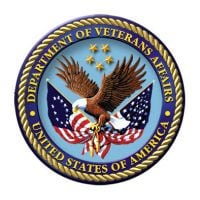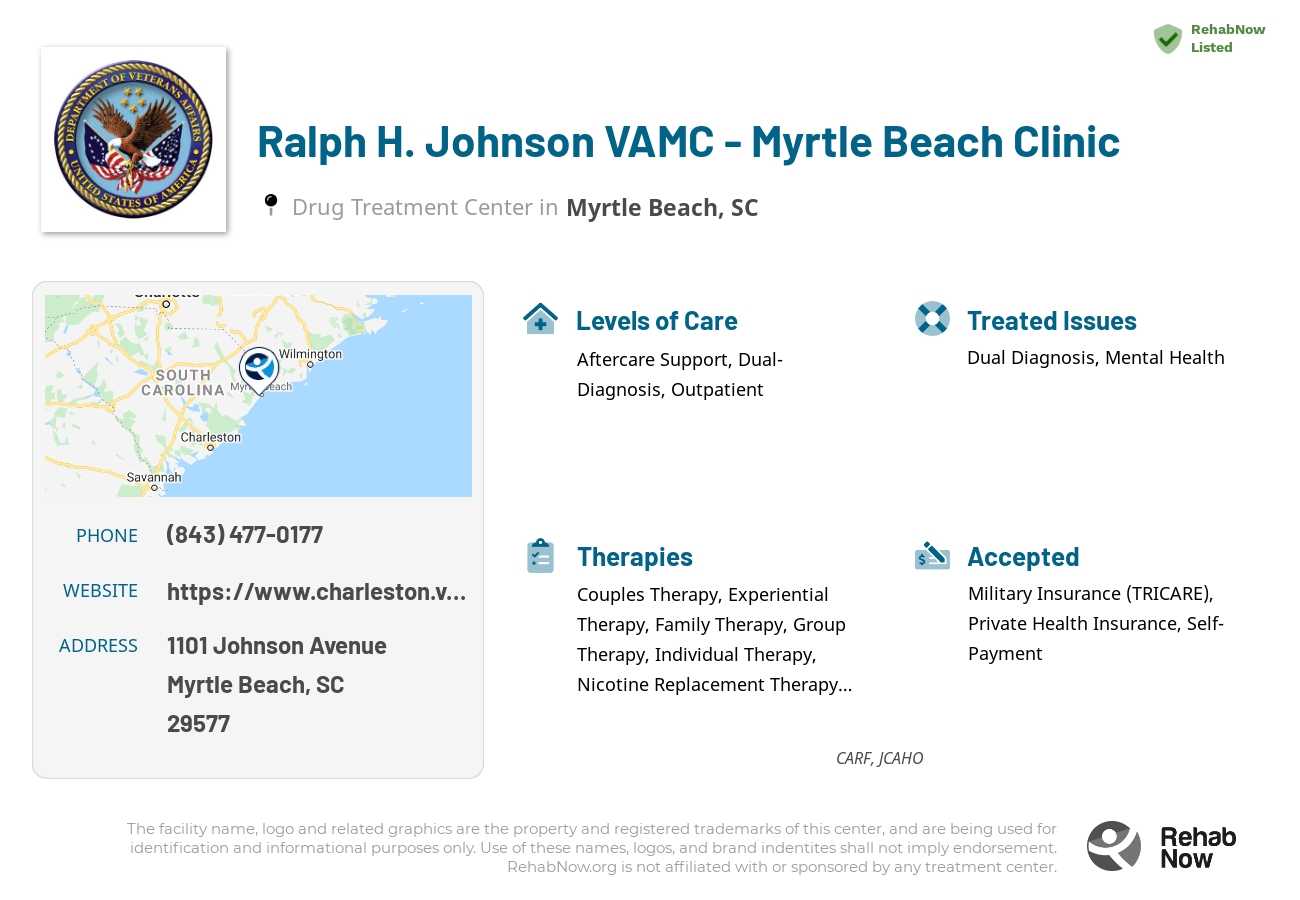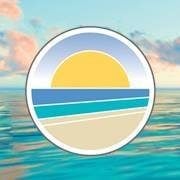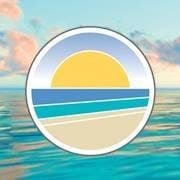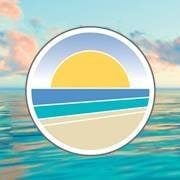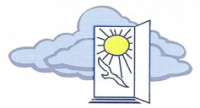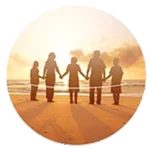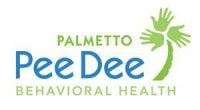Ralph H. Johnson VAMC - Myrtle Beach Clinic
Drug Rehab Center in Myrtle Beach, South Carolina
Ralph H. Johnson VAMC - Myrtle Beach Clinic offers comprehensive substance abuse and addiction treatment for veterans and their families, including evidence-based therapies, supportive services, and access to community resources, and is accredited by CARF and licensed by DAODAS.
About Ralph H. Johnson VAMC - Myrtle Beach Clinic in South Carolina
Ralph H. Johnson VAMC - Myrtle Beach Clinic is a medical clinic specializing in substance abuse and addiction treatment for veterans and their families. Located in Myrtle Beach, South Carolina, the clinic provides comprehensive care from a team of skilled professionals, including psychiatrists, psychologists, and social workers. The team at Ralph H. Johnson VAMC - Myrtle Beach Clinic offers evidence-based treatments such as medication assisted treatment, individual and group therapy, and supportive services.
At Ralph H. Johnson VAMC - Myrtle Beach Clinic, veterans and their families benefit from a range of services that are tailored to their unique needs. These services include therapies such as cognitive behavioral therapy and motivational interviewing, education and relapse prevention programs, case management, and drug screening. They also offer resources such as access to community support networks, legal and financial assistance, and aftercare programs to help veterans and their families stay on track with their recovery.
In addition to providing high-quality addiction treatment services, Ralph H. Johnson VAMC - Myrtle Beach Clinic is accredited by the Commission on Accreditation of Rehabilitation Facilities (CARF). They also hold a license from the South Carolina Department of Alcohol and Other Drug Abuse Services (DAODAS) and have received numerous awards for their work in community outreach and education. The clinic also has a dedicated team of specialists to provide specialized services such as dual diagnosis, pain management, and post-traumatic stress disorder treatment.
Genders
Ages
Modality
Additional
Accreditations

JCAHO

CARF
The Commission on Accreditation of Rehabilitation Facilities (CARF) is a non-profit organization that specifically accredits rehab organizations. Founded in 1966, CARF's, mission is to help service providers like rehab facilities maintain high standards of care.
Conditions and Issues Treated
Dual Diagnosis therapy is considered more successful than traditional rehab methods because it treats the addiction and the underlying mental health disorder simultaneously. This comprehensive approach gives Myrtle Beach, SC patients the best chance for long-term recovery. If the patient does not receive treatment for both conditions, they are more likely to relapse.
Levels of Care Offered
This center offers a variety of custom treatment tailored to individual recovery. Currently available are Aftercare Support, Dual-Diagnosis, Outpatient, with additional therapies available as listed below.
Outpatient treatment consists of counseling and therapy sessions. The outpatient treatment process begins with the addict’s initial detox period, lasting about ten days. Outpatient treatment is used for those who are at moderate risk for “slipping back” into the addiction. It is also used for those who are not currently experiencing any side effects from withdrawal, can handle social pressure, have a stable living environment, and have a good support system.
Aftercare support is often overlooked in the treatment of drug and alcohol addiction. However, it’s an essential part and should be considered when planning a course of rehab.
Aftercare is a term that’s used to refer to any sort of continuing care offered for a drug addict who has voluntarily entered a rehabilitation program. This type of care can be provided in several settings, including outpatient therapy sessions after the addict has completed an inpatient program. There are also 12-step support groups, such as Alcoholics Anonymous, which can provide additional help for addicts trying to stay sober.
Aftercare is vital because addicts often face many challenges as they attempt to recover from drug addiction or alcoholism. Because of the powerful nature of these addictions, those who struggle with a drug or alcohol problem will likely have to face the craving for their substance of choice for the rest of their lives. Recovering can be a lonely and frustrating endeavor, especially without the support of others who are going through similar situations.
Therapies & Programs
Individual Therapy is a crucial component of addiction recovery. Therapists work with patients to identify the root of their addiction and figure out how to better handle the issues that led to them using drugs. Individual Therapy is one on one sessions where people meet with their therapist. Individual therapy provides a safe space for people to open up and discuss personal and sensitive topics which they may not feel comfortable discussing in a group setting.
In this type of therapy, therapists can develop specific solutions for each patient, which helps speed up their recovery process. In addiction recovery, therapy is a crucial part. It allows patients to go deep into their core issues and discover how those problems can be better handled now. Therapy can be performed in individual sessions as well as group settings. In individual therapy for addiction, the patient meets with the therapist one-on-one to focus on the underlying issues of addiction and come up with solutions to prevent future abuse.
Addiction can take a heavy toll on relationships, damage the trust and intimacy that was once there. Couples therapy at Ralph H. Johnson VAMC - Myrtle Beach Clinic helps to rebuild the trust and intimacy that has been damaged. An intimate relationship with a drug addict is not healthy for children or anyone in the family. Therapist help to rebalance family roles and create a healthier environment after rehab in Myrtle Beach, SC.
Family therapy is a crucial part of drug treatment and getting sober. It is one of the most effective ways to help addicts stay on the path to long-term sobriety. One of the most important parts of family therapy is the relapse prevention plan. During treatment, therapists and doctors will often sit down with the addict and their family to develop a plan if the addict ever feels like they want to use again. This plan should involve steps the addict and family can take together to prevent them from relapsing in the future.
An addict’s family can play a vital part in helping them to avoid relapse because they can spot the warning signs and help them get back on track before it becomes too much of a problem. Family therapy is one of the most effective ways to help addicts stay on the path to long-term sobriety.
Group Therapy is employed by drug treatment centers like Ralph H. Johnson VAMC - Myrtle Beach Clinic to provide the recovering addict with a platform to talk about their feelings and experiences. It also provides for an opportunity to learn from other addicts who have successfully overcome their addiction. It is recommended that all group members be recovering addicts for this type of therapy to work.
This type of therapy involves the use of a variety of therapeutic techniques to help addicts recover from past traumas that might have triggered their substance abuse. During these sessions, therapists will work with the addict to address painful memories and learn how to cope effectively with stressors as they arise.
During these types of sessions, therapists will typically focus on three main goals:
- Identifying and expressing painful emotions associated with past traumas.
- Reducing the effects of stress on an addict’s life by developing more effective coping mechanisms.
- Developing healthy ways of thinking about stressful situations that can help addicts avoid substance abuse issues in the future.
This type of therapy is typically used in conjunction with other types of addiction treatment services. By identifying and dealing with the root cause of addiction, most addicts can overcome their cravings and prevent relapse once they leave rehab.
Many different types of addiction treatment services exist to help addicts safely get sober, but it’s important for recovering individuals to find a therapist or support group that will help them address the root cause of their addiction.
Cognitive Behavioral Therapy (CBT) is an approach and method in psychotherapy. Ralph H. Johnson VAMC - Myrtle Beach Clinic asks people to investigate how their thoughts, including habitual, harmful, and inaccurate ways of thinking, affect behaviors. CBT is based on the idea that rigid, inflexible ways of thinking cause people to have a limited ability to cope with stress, which leads to emotional distress.
Likewise, CBT helps people identify maladaptive behaviors and replace them with more positive behaviors. It makes you look at the way you perceive something and ask: Is this a realistic belief? CBT asks people to look at the role of behaviors and emotional responses and how they may be distressing in one’s life. The goal of CBT is to change the way people think and behave to achieve a more balanced, healthier lifestyle.
Moreover, CBT has been shown to reduce some types of anxiety disorders, depression, and symptoms related to thoughts or actions that are considered harmful.
Good nutrition can be difficult for people recovering from addiction because they may not feel like eating while they are experiencing the physical and emotional side effects of detoxing.
Nutrition therapy can help addicts in South Carolina in the following ways:
- Helps individuals to understand which foods promote good health and support recovery that will assist them during detox
- Provides guidance and education about how to maintain a nutritious diet so they can stay healthy during recovery
- Improves their overall health and well-being, which can reduce the severity of substance withdrawal symptoms.
Nicotine replacement therapy treats nicotine addiction using external sources of nicotine, such as patches or gum to substitute for nicotine. This allows people trying to quit smoking to get their desired dose of nicotine without actually having to smoke cigarettes. There are several different types of NRT devices on the market now, and it is important to talk to your doctor about the best kind for you.
Patient Experience
Experiential Therapy at Ralph H. Johnson VAMC - Myrtle Beach Clinic
Experiential therapy at Ralph H. Johnson VAMC - Myrtle Beach Clinic includes helping people work through emotional disorders by participating in events in real-time. It moves away from conventional talk therapy to discuss their concerns and emotions by making patients play roles or use props. It allows people to handle trauma and feelings healthily, reducing the need to resort to alcohol and substances in Myrtle Beach, SC.
Payment Options Accepted
For specific insurance or payment methods please contact us.
Is your insurance accepted?
Ask an expert, call (888) 674-0062
Additional Details
Specifics, location, and helpful extra information.
Myrtle Beach, South Carolina 29577 Phone Number(843) 477-0177 Meta DetailsUpdated November 25, 2023
Staff Verified
Ralph H. Johnson VAMC - Myrtle Beach Clinic Patient Reviews
There are no reviews yet. Be the first one to write one.
Myrtle Beach, South Carolina Addiction Information
More than 610,000 of South Carolina residents, or a staggering 11.9% of the state population, uses illicit drugs and another 230,000 residents abuse alcohol every year. A majority of the illegal drugs used and abused are opioids. Marijuana use and underage drinking occur amongst the young residents of this state–though at a lower rate compared to the national average.
There were 9 deaths related to drug overdoses in Myrtle Beach in 2018. Alcohol, marijuana, cocaine, heroin, and prescription drugs are most commonly abused. According to recent statistics, drug abuse is one of the leading causes of crime in the city. The most common types of treatment are Inpatient Rehabilitation, Outpatient Rehabilitation, and 12 Step Programs.
Treatment in Nearby Cities
- Marion, SC (44.1 mi.)
- Abbeville, SC (200.6 mi.)
- Barnwell, SC (142.7 mi.)
- Rock Hill, SC (147.6 mi.)
- Ruby, SC (103.0 mi.)
Centers near Ralph H. Johnson VAMC - Myrtle Beach Clinic
The facility name, logo and brand are the property and registered trademarks of Ralph H. Johnson VAMC - Myrtle Beach Clinic, and are being used for identification and informational purposes only. Use of these names, logos and brands shall not imply endorsement. RehabNow.org is not affiliated with or sponsored by Ralph H. Johnson VAMC - Myrtle Beach Clinic.
